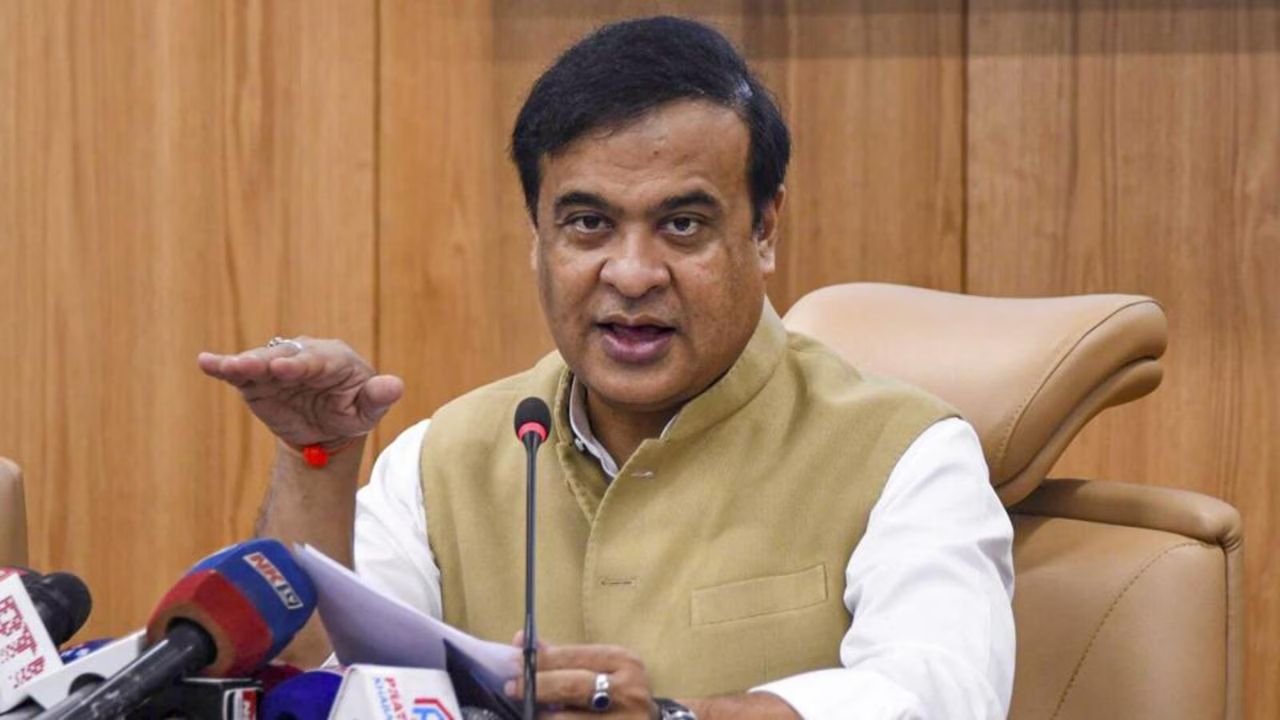CM Himanta Biswa Sarma: The Assam Cabinet recently approved a detailed Standard Operating Procedure (SOP) aimed at regulating land transfers between people of different religions and monitoring land acquisition by NGOs from outside the state. The move, announced by Chief Minister Himanta Biswa Sarma, is aimed at ensuring Assam’s demographic balance, prevention of fraud, transparency in funding and social harmony, and safeguarding national security. This multi-level monitoring mechanism reflects the state government’s intent to keep a vigilant eye on sensitive and culturally complex land transactions.
Multi-level monitoring process
Under the new SOP, all proposals for inter-religious land transfers will first be submitted to the DC (Deputy Commissioner) of the concerned district. The DC will examine the preliminary documents and forward the proposal to the Revenue Department, where a designated nodal officer will conduct a thorough review of the case. The proposal will then be sent to the Special Branch of Assam Police, which will investigate the possibility of fraud, coercion, illegal elements, source of black money, and possible impacts on local social structure and national security. The DC will have the right to take the final decision after receiving the report of the Special Branch. The purpose of this process is to do complete due diligence and give the final decision right to the local administration.

Focus on NGOs and protection of indigenous interests
The SOP is not limited to land transfers between individuals, but it specifically focuses on land purchases by NGOs from outside the state, such as Kerala. These NGOs try to buy land for education or health institutions, but the government considers it a threat to the demographic and cultural balance of Assam in some cases. Chief Minister Sarma said, “Some NGOs associated with Kerala have bought or are trying to buy large lands. We are trying to stop such acquisitions.” The SOP keeps local NGOs out of the process, so that their recognition and contribution can remain intact. This move ensures protection of land from illegal or elements that pose a threat to national unity and security.
Historical sensitivity and balance of Assam
Assam’s history has been full of socio-political tensions related to demographic change, migration and land rights. Indigenous communities have repeatedly raised concerns over fraudulent land acquisition by outsiders. The state government has from time to time taken measures to protect tribal land and regulate land sales in sensitive areas. The new SOP further strengthens these efforts and seeks to prevent illegal or harmful land transfers by institutionalising police investigations.
Analysts say that while the Assam government’s aim to protect indigenous land rights and maintain social harmony is commendable, it is important to ensure that the rules do not become a tool for prejudice or discrimination against any community. There must be protection of individual rights along with transparent and impartial monitoring, so that trust and harmony is maintained in society. Harmony in a diverse society like Assam depends on dialogue and mutual respect, not blanket suspicion or restrictive policies.







